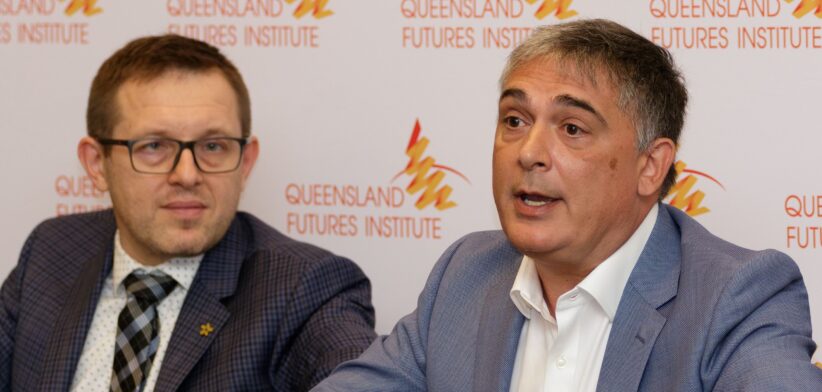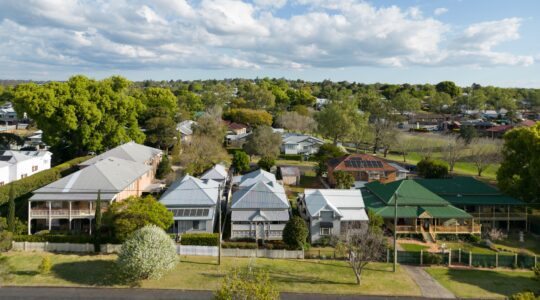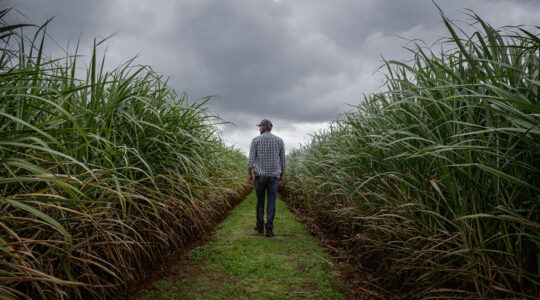The world is entering an “algorithmic revolution” in which computer software is becoming more intelligence than humans, a leading digital researcher says.
QUT Chair in Digital Economy Marek Kowalkiewicz said this new revolution would be just as profound as the industrial revolution.
He told the Queensland Futures Institute Blue Sky Queensland Policy Leaders Forum today that, while the industrial revolution supplemented human muscles with machines, the software revolution would do the same with human brains.
“We’ve started to see technologies that make our brains more powerful,” Professor Kowalkiewicz.
“We will have software that is going to be more intelligent than humans. This will be something very new to us as a species.”
Professor Kowalkiewicz said there was no limit to software intelligence, so it had not stopped when it reached the level of human intelligence.
However, there was a danger in believing artificial intelligence was “magic”. AI would revolutionise much of human activity, but it was not magic, and you needed to “keep an eye on it”.
For countries like Australia, with a well-educated workforce and high labour costs, there were big potential benefits from investing appropriately in AI.
“It is going to transform the world whether we want it to or not,” Professor Kowalkiewicz said.
Gilmour Space Chief of-Staff Mark Mauceri said a similar wave of opportunity for Australia was emerging in space industries. He told the forum that Queensland could lead the country in emerging space technologies.
Gilmour was working towards making Australia the eight country with the capacity to launch satellites and orbital craft.
Mr Mauceri said the space economy would be worth more than $1 trillion globally over the next 10 years.
Many of Australia’s vital services, including banking, communications and military functions, relied on satellites but we were currently highly vulnerable on access to orbital craft.
“We (currently) rent space on a foreign satellites,” Mr Mauceri said. “Australia does not have any of these assets ourselves.
“We could come into a situation where countries who own those satellites will redivert that bandwidth if they need to and Australia will be last on the list.”
Mr Mauceri said most Australian contracts to manufacture aerospace assets were going to large foreign firms, with local companies only getting “scraps”. There was a need to build genuine sovereign capability in this area.
Space industries offered a “great diversity” of economic opportunities. The Whitsunday Council, for example, was now promoting itself as the “Space Coast” off the back of a launch base in Bowen.
“We need legal firms to become expert in space law,” Mr Mauceri said. “We need insurance companies to become expert in insurance for satellites and orbital vehicles.”








